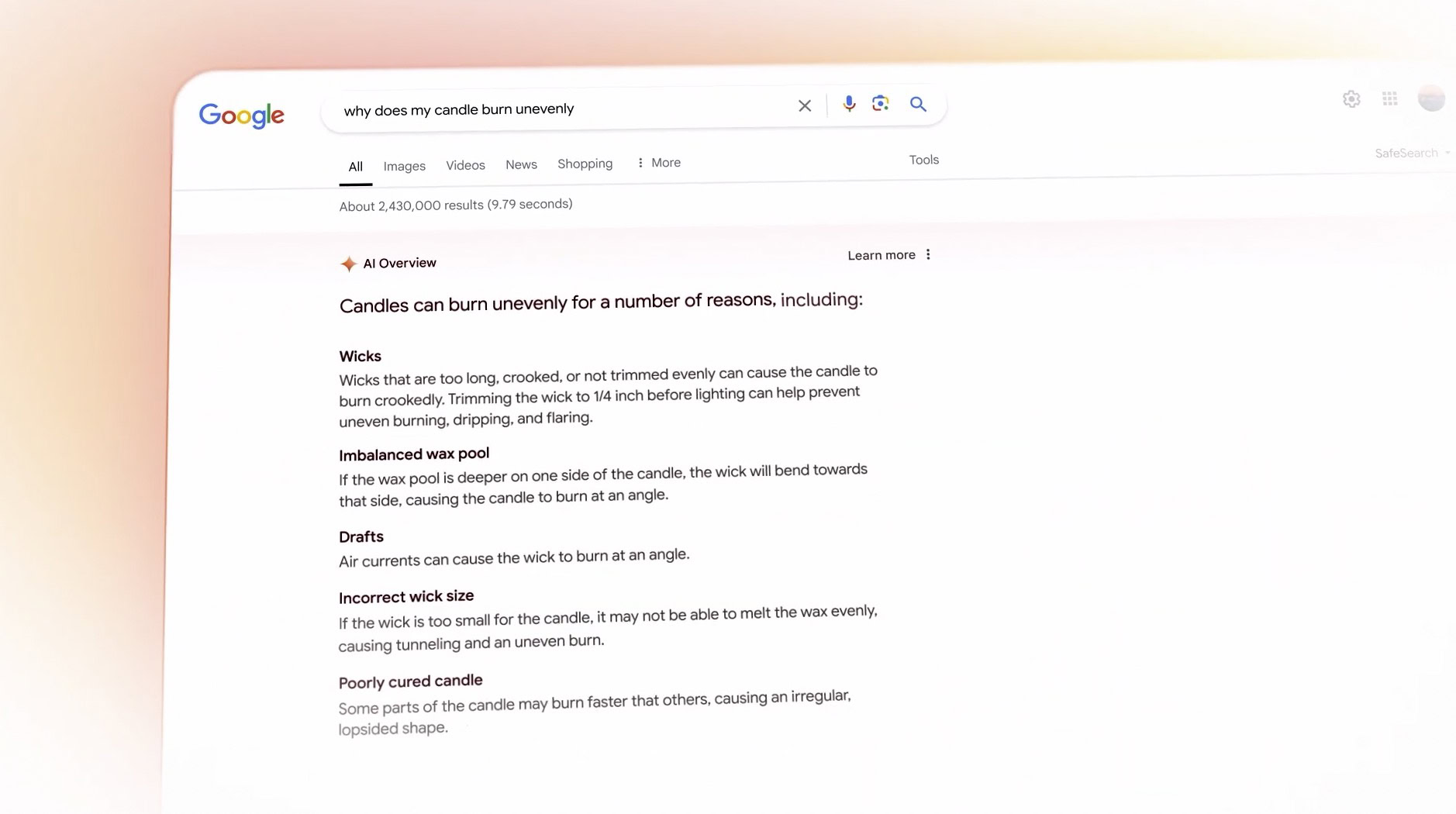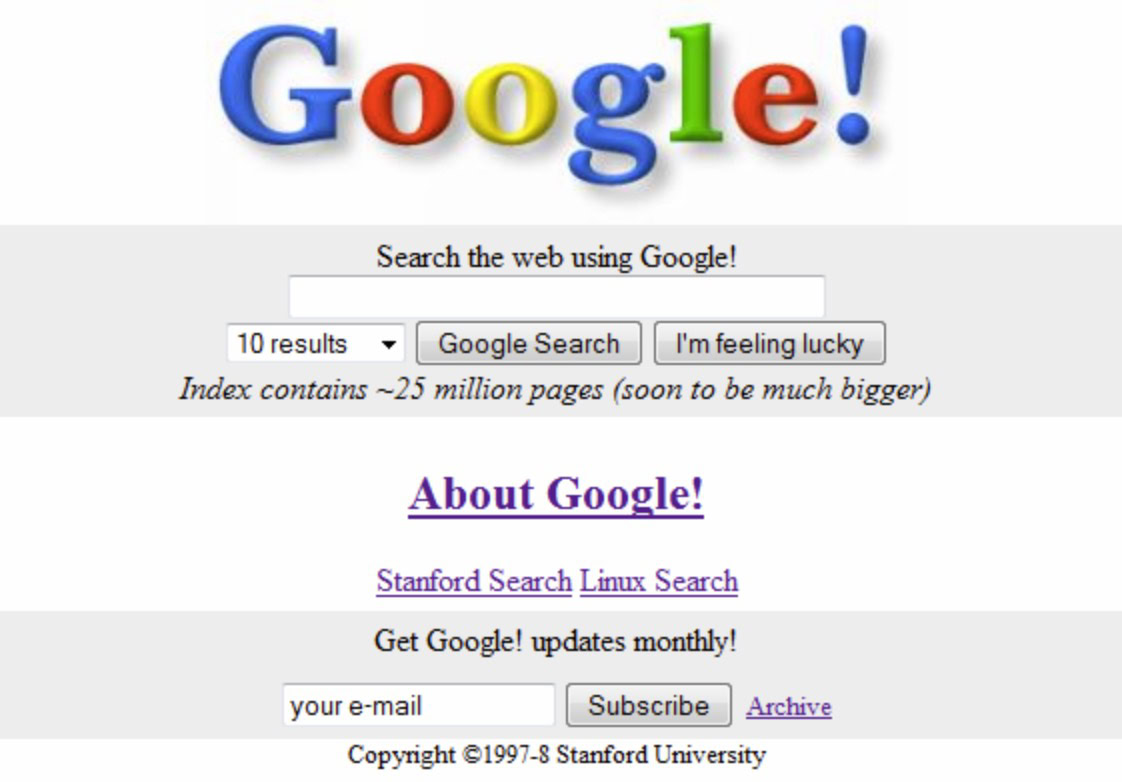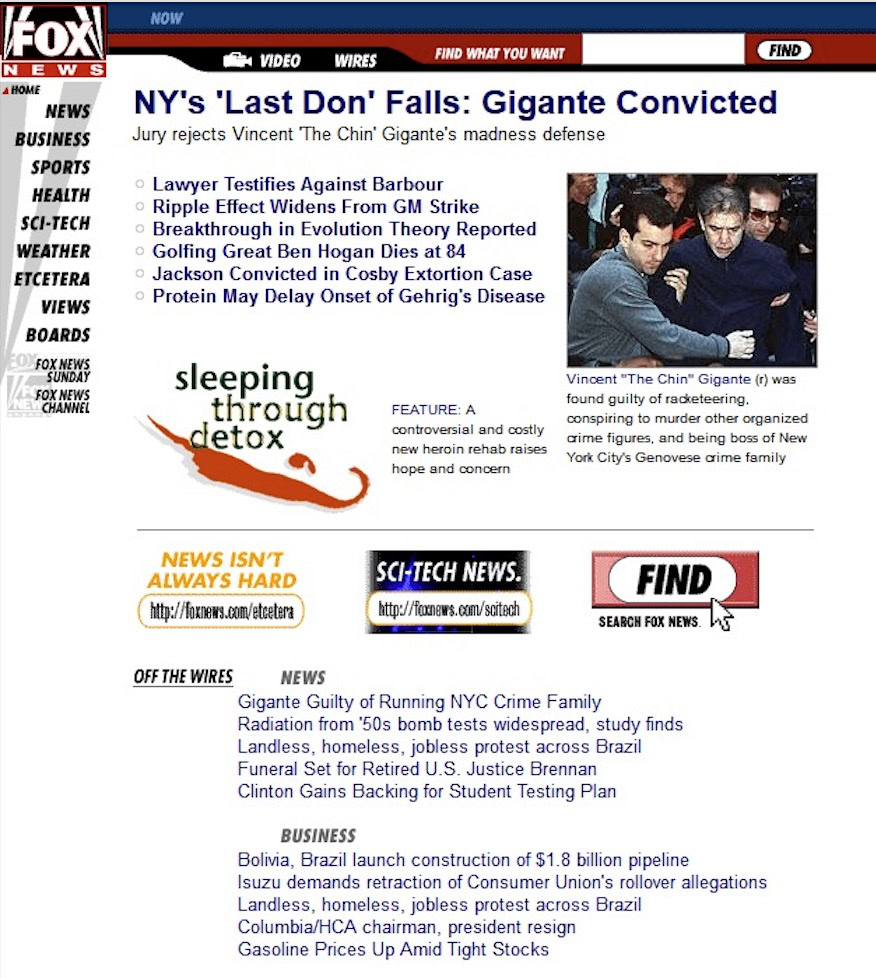Google’s AI-First Ambitions Sideline Publishers, Boost Its Ability To Filter and Control Information
by Rick Findlay, Reclaim The Net:

The internet’s most frequented page is on the verge of a transformation unlike any in its 25-year history.
Last week, at Google I/O 2024, as Liz Reid, Google’s head of Search, gushed on stage about their AI-powered future, one couldn’t help but feel a pang of irony. “Google will do the Googling for you,” she proclaimed, envisioning a future where Google’s AI sifts through the web’s content and spits out neatly packaged summaries, removing the need to visit any websites.
TRUTH LIVES on at https://sgtreport.tv/

How convenient – for Google, that is.
An ideologically driven monopoly further inserting itself between people and content, filtering out what it thinks you should be allowed to see (and what you shouldn’t) at a level never seen before. What could possibly go wrong?
At the event, the tech behemoth unveiled its latest shiny toys – an AI agent named Astra, a potentially reincarnated Google Glass, and something called Gems. Amidst the fanfare, though, there was a glaring omission: any mention of the voices who populate the web with the very work that makes Google’s empire possible.
But the origins of Google’s powerful monopoly and control over much of the internet’s content came a couple of decades ago when publishers and website creators made a deal with a devil whose motto was, at the time, “Don’t be evil.”

“Two decades ago, Google became the darling of Silicon Valley as a scrappy startup with an innovative way to search the emerging internet,” the Department of Justice wrote in its 2020 complaint. “That Google is long gone. The Google of today is a monopoly gatekeeper for the internet, and one of the wealthiest companies on the planet.”
There was a time when newspapers and magazines were kings, when people paid for their daily dose of information. The morning ritual of reading the paper was as sacred as the first cup of coffee. And as for publishers, those subscriptions allowed them to have a direct relationship with their readers and customers, without being influenced by an intermediary.
But as the internet dawned, this once-untouchable industry found itself on the brink of an existential crisis.
The transition was swift and brutal. In the early days of the web, news outlets and publishers thought they saw a digital gold rush, envisioning a future where their reach extended beyond the physical limitations of print. They rushed online, eager to embrace this new medium. Initially, some charged for access, mirroring their print subscription models.
However, it soon became clear that the internet of the time operated on a different set of economics. The vast expanse of free information available online made many people recoil at the idea of paying for original content.

Enter Google. As the internet became the primary source of news, Google’s search engine emerged as the gateway to the web. With its innovative algorithms, Google quickly became the preferred tool for navigating the sprawling chaos of online information. Users could find articles, blogs, videos, and any other content they desired with just a few keystrokes. Google soon amassed a monopolistic 90+ % market share in the United States.



